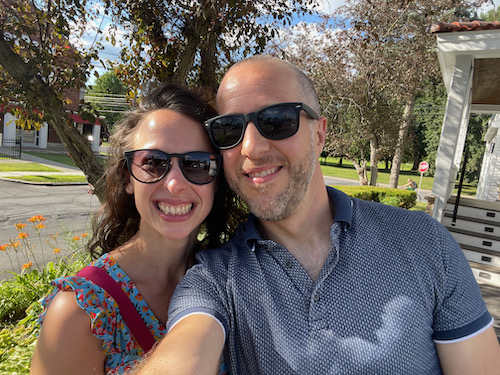Three Radio Dramas from the past for today
Murder in the Studio is a collection of three thematically related — and subject unrelated — one-act radio dramas by The Queen of Crime, Agatha Christie. Written three decades apart (one from the 1930s, 40s, and 50s), these short plays were posthumously put together as a meditation on capitalism, gender, and murder. In each story, there is an acquisition, a possession, a taking. And in each story there is a reversal of the possessor’s fate, culminating in a Greek-like tragedy where a fury takes vengeance. Without giving away too much, let’s just say that the outcome is horrific. These are murder mysteries, after all, and at the heart of each one is a bloody murder.
To hear these three radio plays, go here!
From Radio Plays to Radio Podcast
The first play, Personal Call, is a ghost story. Then the second play, Yellow Iris, follows Agatha Christie’s famous detective, Hercule Poirot, as he tries to stop a crime from happening in the midst of a crowd — and the piece is presented as a musical-cabaret. Finally, the third and last play, Butter in a Lordly Dish, is a cross between a romantic comedy and a horror film. To bring these stories to life, we leaned heavily into familiar genres — Film Noir, Musical Comedies from the 1930s, The Golden Age of Cinema, Horror Films, and, perhaps most of all, the Murder Mystery.
Theme holds radio murder mysteries together
The thread that holds each piece together is the murder (or possible murder…) in question. These are whodunits, right? They are the definition of what it means “to spin a good yarn.” And yet the broader implication, what we wanted to explore in producing these plays today is: what do these plays tell us about the pressure-cooker of capitalism and colonialism on gender dynamics? And why might these forces lead to murder? Also, why are we as humans drawn to stories about crime like moths to a flame and why might we seek out murder mysteries as a form of escapism? Yellow Iris, for example, takes place on the eve of WWII, but the play is much less about the impending war and much more about a personal drama that will be irrelevant in the wake of war…
In truth, I don’t know how many answers we uncovered in producing these radio plays. If we leave the listener considering these questions, perhaps we’ll have done our job. To listen to all three of these productions, please go here.

